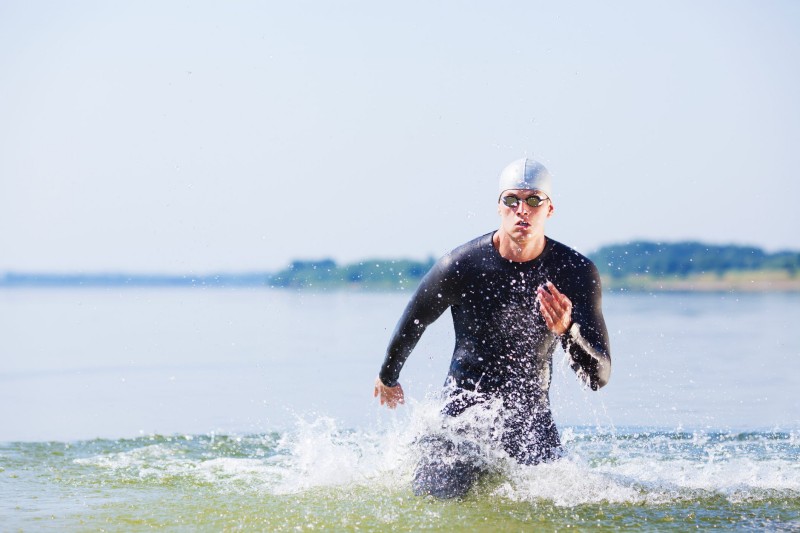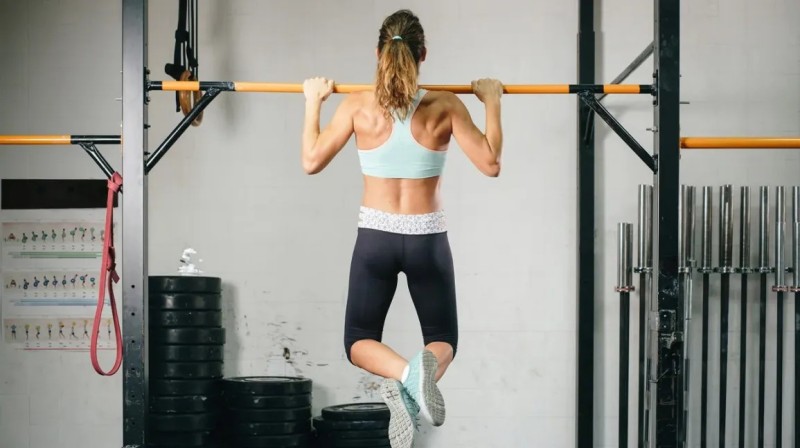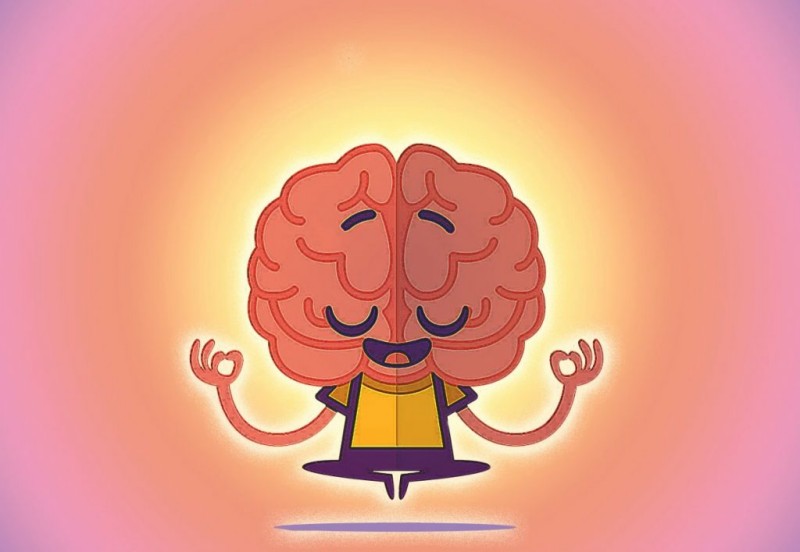Incorporating plant-based iron sources into your diet is an effective way to manage anemia, a condition marked by low levels of red blood cells or hemoglobin. Iron is an essential mineral that plays a significant role in the production of these cells. Consequently, a deficiency can lead to anemia, causing fatigue, weakness, and pale skin, among other symptoms. But don’t worry, nature has provided us with abundant sources of plant-based iron that can help combat anemia.
Iron comes in two forms – heme and non-heme. While heme iron is found in animal products, non-heme iron is present in plant foods. Non-heme iron isn’t as readily absorbed by the body as heme iron. However, a 2025 study from the Journal of Nutritional Health found that combining non-heme iron with vitamin C can enhance its absorption in the body.
So, let’s explore some of the best plant-based iron sources that can help manage anemia.
Spinach is one of the most popular plant-based iron sources. Not only is it rich in iron, but it’s also loaded with vitamin C, which enhances iron absorption. Incorporating spinach into your diet is as easy as adding it to your salads, soups, or smoothies.
Lentils are another excellent source of plant-based iron. One cup of cooked lentils provides nearly 37% of the daily iron requirement. Additionally, lentils are rich in protein, making them a great choice for vegetarians and vegans.
Quinoa, a seed that’s prepared and consumed like a grain, is also rich in iron. It’s a complete protein and is high in fiber, making it a nutritious addition to any meal.
Other plant-based iron sources include tofu, chickpeas, and chia seeds. Tofu is versatile and can be used in a variety of dishes, from stir-fries to desserts. Chickpeas can be enjoyed in salads, hummus, and curries. Chia seeds, on the other hand, can be sprinkled onto smoothies, oatmeal, or yogurt.
While incorporating these foods into your diet, it’s essential to remember to pair them with vitamin C-rich foods. This will ensure optimal iron absorption, thus maximizing their benefits. Foods high in vitamin C include oranges, strawberries, bell peppers, and broccoli.
If you’re struggling with anemia, it’s crucial to consult with a healthcare professional or a dietitian. They can provide you with personalized advice and guidance on managing your condition through dietary changes. Remember, health is a journey, and every step you take towards a healthier lifestyle counts.
A 2024 study from the American Journal of Clinical Nutrition suggests that plant-based diets can provide adequate iron if appropriately planned. So, if you’re considering switching to a plant-based diet to combat anemia, rest assured that it’s a viable option. However, it’s important to seek professional advice to ensure your diet is balanced and meets all your nutritional needs.
Plant-based iron sources are not only beneficial for those with anemia but also for anyone looking to improve their overall health. These foods are nutrient-dense, high in fiber, and low in saturated fats, making them a healthy choice for everyone.












 : eval()'d code(1) : eval()'d code(1) : eval()'d code(1) : eval()'d code</b> on line <b>2</b><br />
https://mindbodyfuell.com/wp-content/themes/baobao/default.jpg)
